Call for Papers for the 15th Nepal Study Days
12-13 April 2017 hosted by Bournemouth University, UK
The Britain Nepal Academic Council (BNAC) invites scholars and practitioners from all disciplines to participate in the 15th BNAC Nepal Study Days. All presentations should focus on Nepal, its diaspora and/or the Nepali cultural world. We invite presentations that share research findings, preferably of work that has reached an advanced stage or has been completed. The 2017 event will be held in Bournemouth House at Bournemouth University. Details of previous study days can be accessed online here! We also invite proposals for research posters.
If you are interested in participating, please send a 300-word abstract of your proposed presentation to bnacstudyday@gmail.com by 28th February 2017. The Study Days organizing committee will review the proposals received on time and make a selection. Selected abstracts will be circulated to registered participants in advance and posted to the BNAC website.
Members of BNAC may attend the Nepal Study Days for free, though we will ask for a contribution towards the costs of the lunches. For non-members there will be a registration fee of £25, which will include lunch on both days.
We would like to encourage prospective participants to apply for or renew their membership for 2017 in time to be eligible for free registration. To download membership application form and for other details about BNAC membership, please visit www.bnac.ac.uk/membership/.
We hope to be in a position to offer small bursaries towards the travel costs of students from outside Bournemouth whose abstracts are accepted.
Deadline to submit abstracts: 28th February 2016.
Deadline to register for those who are not presenting a paper but who wish to attend: 4th April 2017.
For more information and registration, please contact the Nepal Study Days organizing team (Pramo Regmi, Jib Acharya, Preeti Mahato and Edwin van Teijlingen) at bnacstudyday@gmail.com.
The application form can be found here!
We suggest you book your accommodation in Bournemouth well in advance. To download the list of hotels close to the programme venue, click here.
For details about new membership application (and to download forms) or renewal, click here
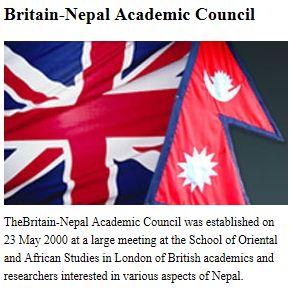
Prof. Edwin van Teijlingen
Dr. Pramod Regmi
Mr. Jib Acharya
Mrs. Preeti Mahato
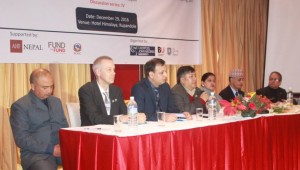 We had the honour to speak to Parliamentarians (MPs) in Kathmandu today (December 29th) as part of workshop to promote evidence-based policy-making. The workshop was organised by a consortium of three UK universities: Liverpool John Moores University (LJMU), Bournemouth University and the University of Sheffield. Fund the Fund supported this Advocacy Workshop with Parliamentarians and Policy Experts on HV and AIDS (Discussion series IV) in the Himalayan Hotel in Lalitpur in Kathmandu Valley. The workshop was attended by some 30 MPs from all major parties and three or four former ministers. The drive to increase evidence-based policy-making in Nepal is led by Dr. Gangalal Tuladhar MP.
We had the honour to speak to Parliamentarians (MPs) in Kathmandu today (December 29th) as part of workshop to promote evidence-based policy-making. The workshop was organised by a consortium of three UK universities: Liverpool John Moores University (LJMU), Bournemouth University and the University of Sheffield. Fund the Fund supported this Advocacy Workshop with Parliamentarians and Policy Experts on HV and AIDS (Discussion series IV) in the Himalayan Hotel in Lalitpur in Kathmandu Valley. The workshop was attended by some 30 MPs from all major parties and three or four former ministers. The drive to increase evidence-based policy-making in Nepal is led by Dr. Gangalal Tuladhar MP.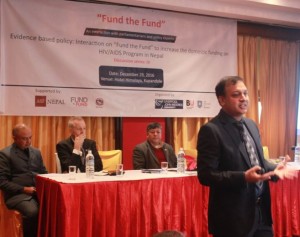


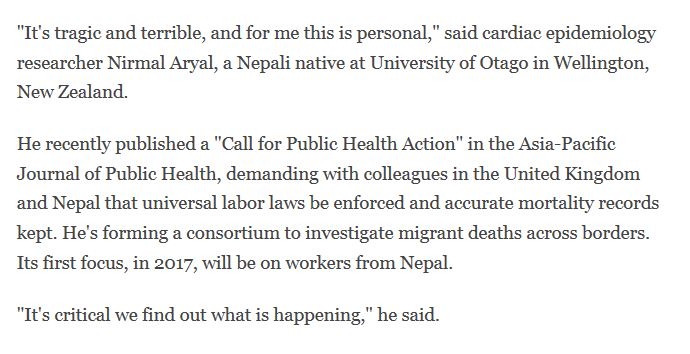
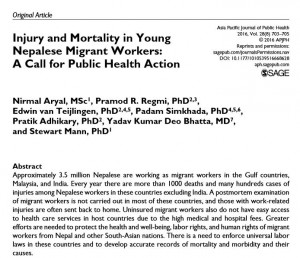
 Would you like to get involved in some public engagement?
Would you like to get involved in some public engagement?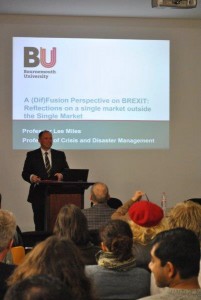
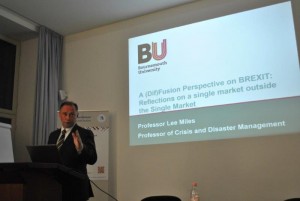
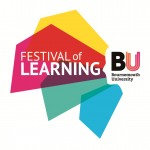
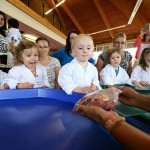
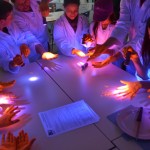
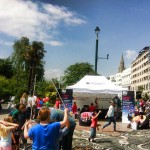
 Would you like to bring cutting edge science to a wider audience at the British Science Festival?
Would you like to bring cutting edge science to a wider audience at the British Science Festival? 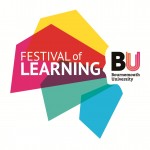 The deadline to submit your proposals for
The deadline to submit your proposals for 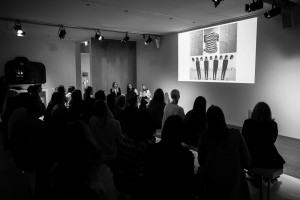

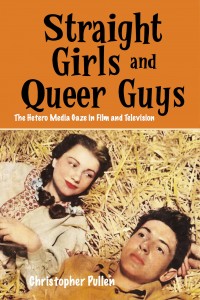











 Fourth INRC Symposium: From Clinical Applications to Neuro-Inspired Computation
Fourth INRC Symposium: From Clinical Applications to Neuro-Inspired Computation ESRC Festival of Social Science 2025 – Reflecting back and looking ahead to 2026
ESRC Festival of Social Science 2025 – Reflecting back and looking ahead to 2026 3C Event: Research Culture, Community & Cookies – Tuesday 13 January 10-11am
3C Event: Research Culture, Community & Cookies – Tuesday 13 January 10-11am Dr. Chloe Casey on Sky News
Dr. Chloe Casey on Sky News Final Bournemouth University publication of 2025
Final Bournemouth University publication of 2025 ECR Funding Open Call: Research Culture & Community Grant – Application Deadline Friday 12 December
ECR Funding Open Call: Research Culture & Community Grant – Application Deadline Friday 12 December MSCA Postdoctoral Fellowships 2025 Call
MSCA Postdoctoral Fellowships 2025 Call ERC Advanced Grant 2025 Webinar
ERC Advanced Grant 2025 Webinar Horizon Europe Work Programme 2025 Published
Horizon Europe Work Programme 2025 Published Update on UKRO services
Update on UKRO services European research project exploring use of ‘virtual twins’ to better manage metabolic associated fatty liver disease
European research project exploring use of ‘virtual twins’ to better manage metabolic associated fatty liver disease